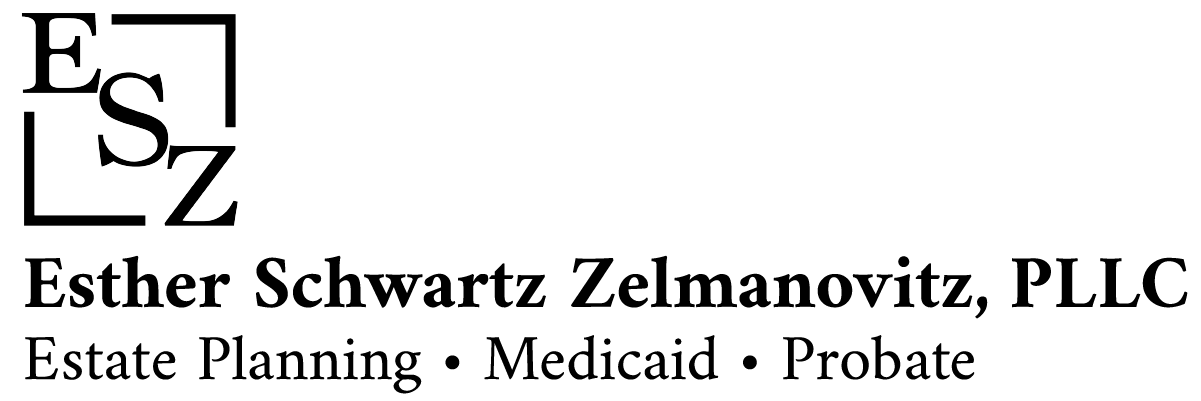Changes to the New York State Power of Attorney Law are now in effect as of June 13, 2021.
On December 15, 2020, changes to the New York General Obligations Law in relation to the statutory short form Power of Attorney were signed into law, with the effective date of June 13, 2021.
The new law will substantially change the format and enforceability of the power of attorney.
A Durable Power of Attorney (POA) is the most critical planning tool that will be used during your lifetime. The POA gives the person or people you designate (your “agent”) broad powers to handle your personal financial affairs on your behalf. Some of these powers include handling real estate, banking, business, insurance, estate, and tax transactions. Without a properly drafted and executed Durable Power of Attorney in place, in the event of your incapacity, your loved ones may be faced with bringing a legal proceeding to handle your personal and financial affairs, which can cost thousands of dollars, time, and stress that would have been avoidable with proper planning.
Until now, a Statutory Gift Rider (SGR) would need to be executed in addition to the short form Power of Attorney to be allow for broader gift, tax, and Medicaid planning. The signing requirements for an SGR were different than the short form. Whereas the short form required the principal to sign in front of a notary, the requirements of an SGR included both notarization and the signature of two witnesses.
The new law addresses criticism that the current power of attorney was often unenforceable due to its complex format and strict requirements as to form and execution. The objective of the new law was to simplify the document and facilitate its enforceability.
Some of the major changes addressed in the updated law are the following:
- The new power of attorney form will condense the current two form format, the Short Form and Statutory Gifts Rider, into a one form format.
- The updated law requires substantial conformity with the wording of the law, replacing the strict “exact wording” requirement.
- In addition to the notary, the power of attorney form will now require two witnesses as well.
- Whereas the current law requires third parties to accept a power of attorney presented to them, with the new law banks and will allow imposition of penalties if unreasonably rejected. The new law will reduce the likelihood of banks or other financial institutions rejecting a power of attorney.
- The updated law will allow a power of attorney to be signed at the direction of a person, and not by himself or herself, which is crucial in the event a physical disability prevents a person from signing the document independently.
A power of attorney is a complex document that is one of the most important documents every adult should have as part of their estate plan. Therefore, while the new law is intended to facilitate the execution and use of a power of attorney, it is highly advisable to have one prepared by an attorney experienced in estate planning and specifically, elder law, to ensure that your form will include all the necessary provisions to allow your agent to act on your behalf to the full extent needed when necessary. You want to be sure that you have the proper documents in place in the event of a sudden injury, illness or incapacity.
An elder law attorney is experienced in assisting clients who no longer have capacity and are most knowledgeable on the crucial provisions that must be added to a power of attorney while a person has capacity to sign one. For example, an elder law attorney will include provisions in a power of attorney relating to long term care planning and government benefits that an attorney that is not experienced in those areas may possibly omit.
How We Can Help
If you have a power of attorney prepared before the effective date of the updated law, your power of attorney should still be enforceable as long as it was properly prepared and executed according to existing law at the time it was signed. We invite you to contact us to review it and ensure that it is effective and will meet statutory requirements.
If you do not yet have a power of attorney in place, we would be glad to assist you with this and your other estate planning needs.
It is always best to consult with an experienced attorney to ensure you not only have a good power of attorney in place, but that your full estate plan is up to date and reflects your wishes, your current situation and the current law.
